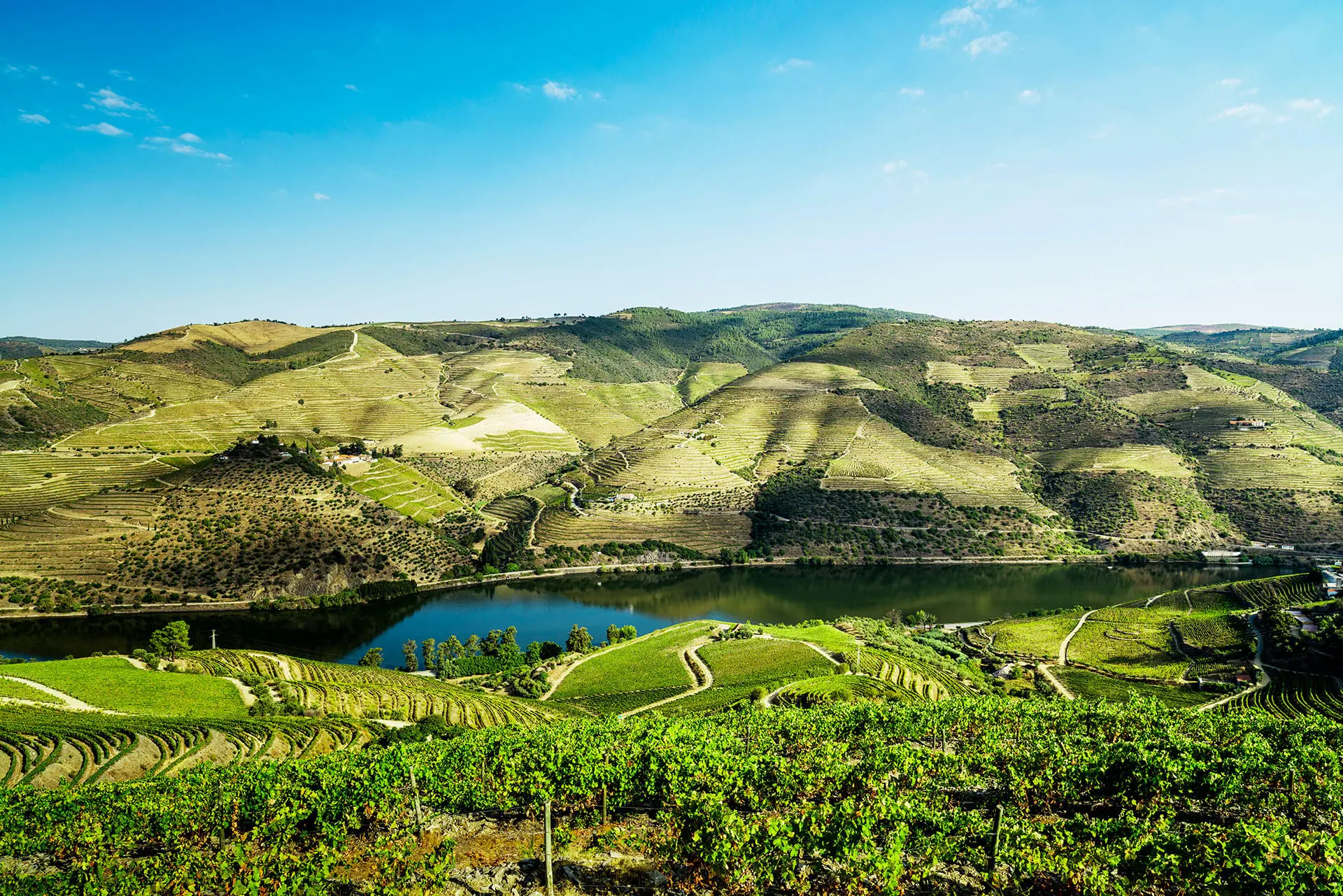Nature and Curiosities in the Douro Valley

The wine region of the Douro Valley is a region that goes beyond the production of good wines and with incredible landscapes – it is also a place full of fascinating curiosities.
In 2001 it was classified by UNESCO as a World Heritage Site, due to its particular characteristics!
First, we must talk about the climate: it is an extremely hot region in the summer (sometimes 50ºC, as I myself experienced during the heat wave in 2018) and cold in the winter (it can reach temperatures of -5ºC and have ice formation and snow, as I also confirmed in the past winters, in the mornings). This is due to the mountains surrounding the valley: Serra do Marão. At an altitude of 1900 meters, these mountains are large enough to prevent wind and humidity from the Atlantic Ocean from passing into the Valley, which creates extreme climates.
The heat during the summer is ideal to be able to produce grapes with the quality and desirable characteristics to make Port wine. The more sun they get, the more sweet the grapes become!
Another important factor is also the type of stone that exists in this region. Schist is all over the valley: it is where the fruit trees are set, with a layer of soil between the plant and the stone. This very special stone has microscopic pores that retain liquids and even allow fuels to form, like oil! By retaining rain and river water, all the plant has to do is grow its roots to the point where it can water itself. This means that the human being has little or nothing to interfere in the irrigation process. Shale is also used in decorative pieces and to make walls or walls.
Those who visit the Valley can also observe that the vineyards are distributed in an organized way, in rows, along the mountain. This distribution has to do with: the best position for the tree to have access to shale or other irrigation systems more effectively; so that all trees are exposed to the sun evenly; and to create a kind of “step ladder” that helps workers pick the grapes manually on a flat surface, rather than on a sloping surface.
Better than reading this information, just visiting the Douro Valley! It is impressive to be able to observe nature doing its job so perfectly, almost to encourage man to produce some of the best products in Portugal.
We are waiting for you to take you on one of our tours and be able to show you what I just told you, live!
Text by Cheila Oliveira, tour guide at Oporto Road Trips
